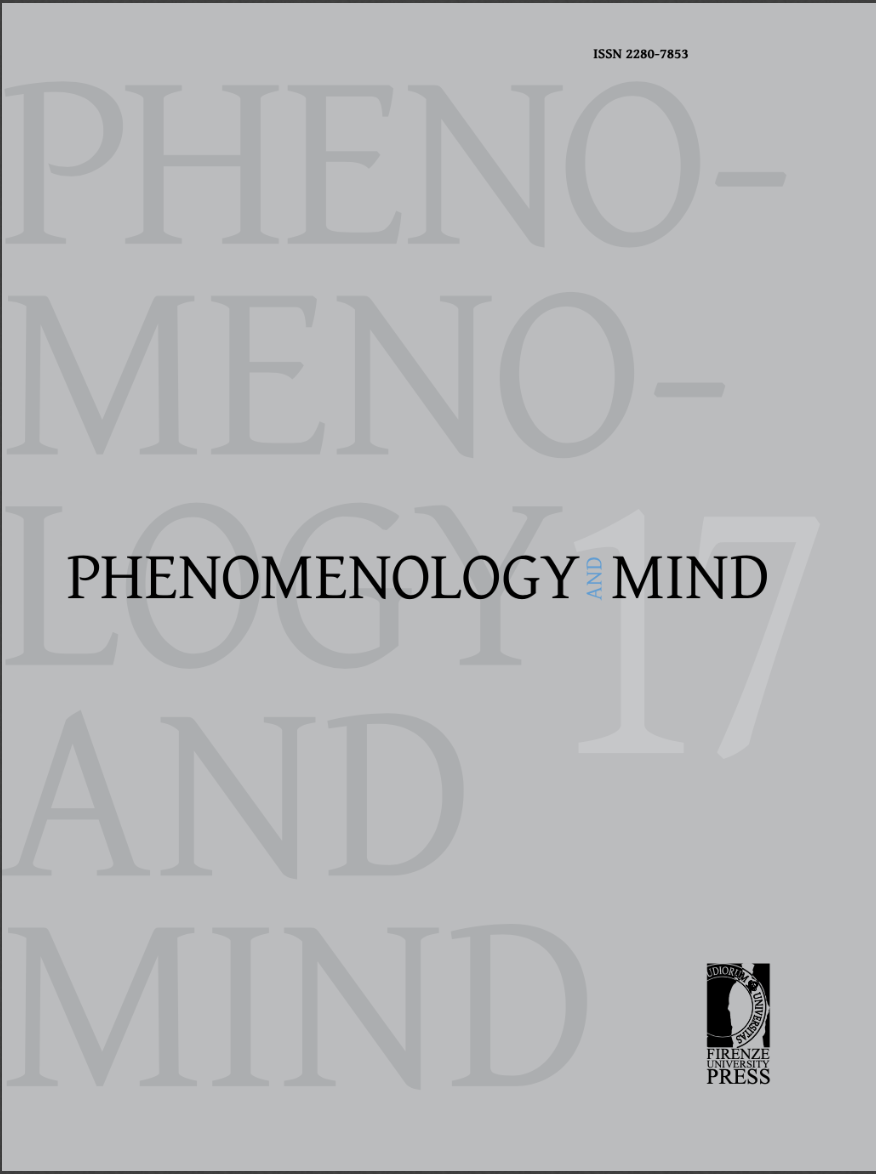Published 2016-11-26
Keywords
- Scheler,
- realism,
- ontology
How to Cite
Abstract
might one ask how phenomenological commitments relate to value ontology. Consider Phil Blosser’s words: …the chief defect of Scheler’s phenomenology, like all philosophies of value, was the weakness of his treatment of the ontology of values. The insufficient development of this fundamental aspect of Value Theory has left it especially vulnerable in a philosophical climate that has been distinguished, since the 1930s, by the major “growth industry” of Heideggerian ontology, making this appear probably the most critical defect of Scheler’s Formalismus*. In this paper, I will argue that being-an-act (Akt-sein) will provide us with insight into Scheler’s value ontology. My efforts rest on two fundamental premises: showing how Scheler’s phenomenology opens up into ontology, and how being-an-act is understood with that opening in mind in Scheler’s Idealism and Realism essay. In Part 1, I argue how phenomenologists can reify one-side of the intentional relation and generate different ontologies, and these thoughts underlie the opening of the Idealism and Realism. In Part 2, I show how being-an-act opens up into ontology. In Part 3, I reveal how the participatory sense of realism is shown in the intentional relation, and how persons participate in value. In the final section, the “ontologization” of the intentional relation is found in the problem of reality.

